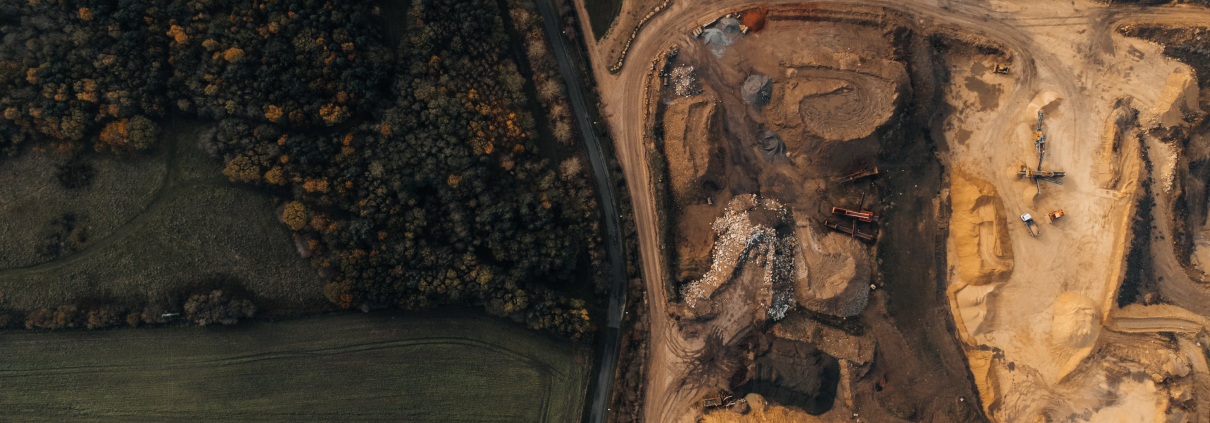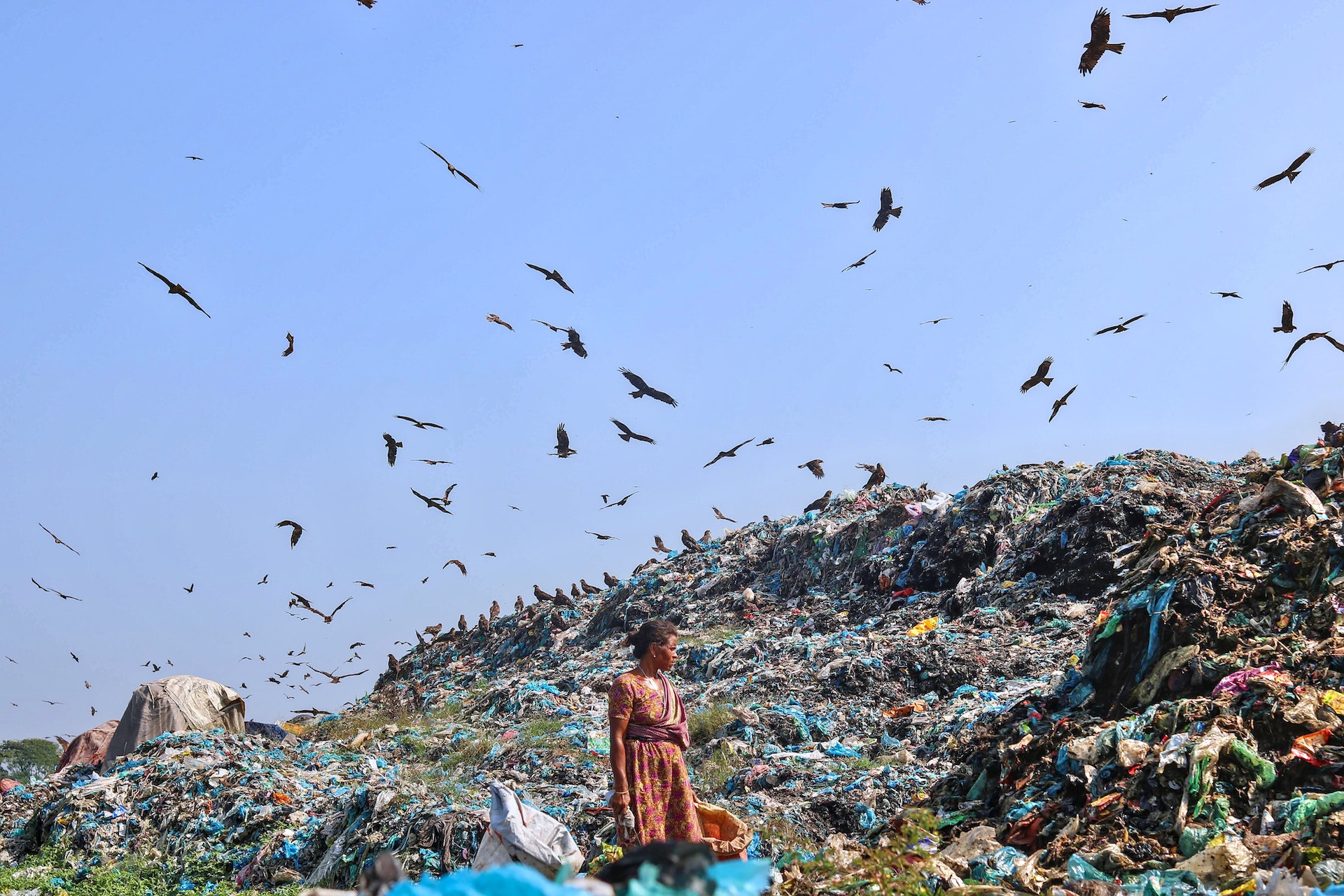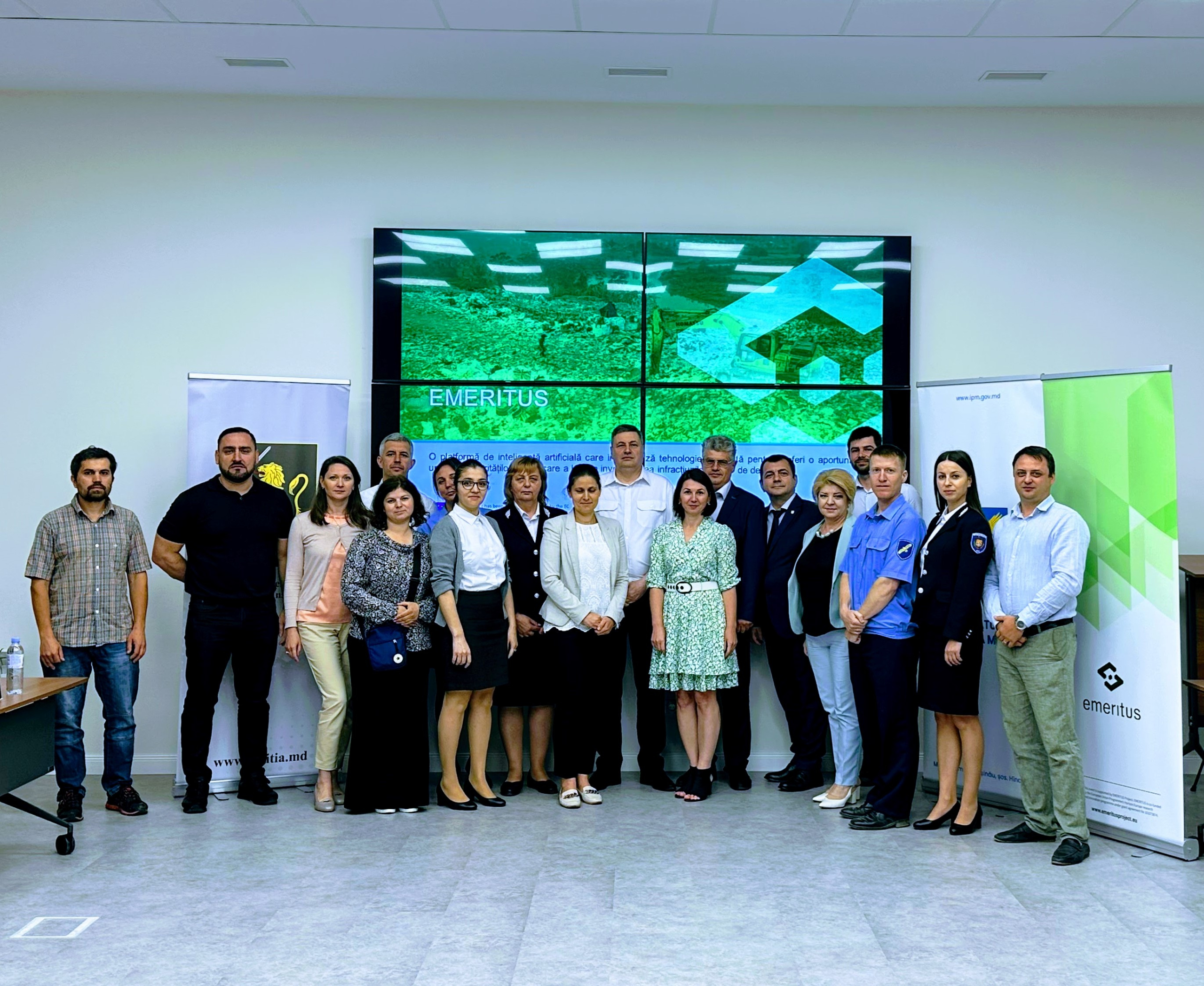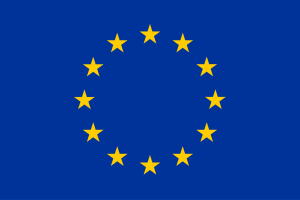INESC TEC ’s contribution to the EMERITUS project
Environmental crimes, such as the discharge of substances into the air, water and soil, as well as the shipping and trafficking of waste and hazardous materials, have enormous impacts on the climate, human health and the environment. However, these crimes are still considered highly profitable for criminals since most feature relatively low risks of detection and penalties for the perpetrators, given the complexity of preventing criminal wrongdoings and delivering distinct proofs to law courts to punish the authors.
The EMERITUS project aims to lay the foundations of a new generation of technological tools orchestrated via a single-entry point platform at the service of Law Enforcement Authorities (LEA) and Border Guards (BG) to improve detection and proof collection capabilities against waste-related environmental crimes.
The platform, currently being developed by Geoville, will integrate several new technologies such as satellites, drones and deep learning (DL), Artificial Intelligence (AI) and data merging with other datasets capable of providing synoptic high content data coverage of large areas of land or water, regularly and irrespective of inaccessibility or hazard. Such technologies can offer potential powerful solutions to the above issues surrounding the identification of environmental crime.
Among the main contributors to the platform is the partner INESC TEC, providing innovative use of deep learning in image analysis coupled with real-time anomaly detection. More specifically, the work being carried out by INESC TEC researchers focuses on various application areas: identification of illegal landfills from satellite images, identification of changes in land use in protected areas through satellite image analysis, construction of predictive models to identify polluting sources in rivers from sensor data, identification of fraud patterns in transactions involving toxic waste.
In addition to the platform, project partners are also working on a protocol for investigating environmental crimes and a training program aimed at authorities to support the investigation of these types of crimes. More information about the project can be found at https://emeritusproject.eu/project/, where the project factsheet is also retrievable, summarising the main information about the project.





